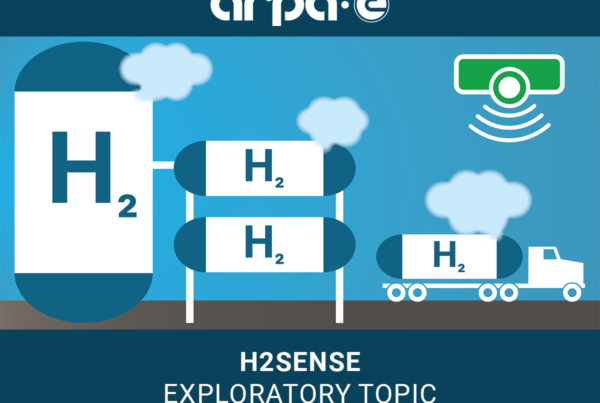
While modern life relies on electricity, the nation’s electrical system faces considerable challenges. Grid infrastructure is aging, power outages are common and the shift to clean energy raises energy storage and distribution needs. Amid these concerns, hydrogen fuel cells are an increasingly promising solution.
The Need for a More Reliable Grid
U.S. electricity customers experienced an average of more than eight hours of outages in 2020 alone. That’s the highest level of power interruptions on record — and 20 minutes more than the previous record-breaking year. It’s also worth noting that annual outage times haven’t fallen below the four-hour mark since 2016.
The rise in electrical interruptions comes from a combination of factors. Climate change has made extreme weather events more common, threatening U.S. energy infrastructure. Much of this infrastructure is also decades old, meaning it’s more susceptible to damage and can’t efficiently manage today’s soaring energy demands.
The shift to renewable energy heightens these concerns. While most power in the U.S. still comes from oil and other fossil fuels, renewables like wind and solar are growing. This transition is essential to combat climate change, but unlike fossil fuels, renewables don’t produce electricity on demand. Consequently, they need new grid infrastructure to be a reliable power source.
Peak energy generation times with renewables may not align with peak consumption hours. If grids want to avoid energy waste, they need a way to store excess electricity until people need it. Otherwise, the green power transition could make the electrical system even more unreliable than it is today.
How Fuel Cells Help
Just a few minutes of downtime can cost thousands of dollars for some businesses, so the need for reliable grids has never been more important. While grid resiliency is a complex, multi-faceted issue, hydrogen fuel cells may play a critical role in the solution.
Hydrogen is technically an energy storage medium, not a power source itself. Consequently, even though fuel cells are most popular as a way to power electronics, they can act as electrical storage systems. Hydrogen’s high energy density and fuel cells’ efficiency make these technologies an ideal support for renewable power.
As solar panels and wind turbines create excess power at peak times, fuel cell systems can store that energy as hydrogen. Then, as energy consumption increases, fuel cells can turn that hydrogen back into electricity to send throughout the grid. Consequently, grids could enable consistent energy levels with renewables without using lithium-intensive and cost-inefficient batteries.
Hydrogen has the highest energy-to-mass ratio of any fuel, making it a more scalable solution than batteries or fossil fuel power storage. Fuel cells’ compact form factor also mean installing these grid upgrades would be minimally invasive, too.
Another advantage of fuel cells is that they can start and stop quickly. This efficiency means hydrogen-powered backup generators can activate with minimal power loss if an interruption occurs. Using fuel cells as backup power while other grid improvements take place would minimize disruption and improve near-term resiliency as a result.
Unfortunately, fuel cells and hydrogen storage infrastructure is expensive. However, so are high-density batteries, and these prices will dwindle with increased research and development.
Fuel Cells Could Be the Future of the Electrical Grid
Most people are familiar with fuel cells as a vehicle power source, but their applications stem far beyond transportation. As the nation seeks to make the electrical grid more reliable, hydrogen systems may be the ideal solution.
Even if most of the nation’s power never comes from hydrogen, fuel cells could play a vital role in energy storage and distribution. Their high efficiency, scalability, power density and sustainability mean fuel cells could enable the grids of tomorrow.


Jane Marsh, Contributor
The views and opinions expressed herein are those of the authors and do not necessarily reflect the official policy or position of Fuel Cells Works, its directors, partners, staff, contributors, or suppliers. Any content provided by our contributors or authors are of their own opinion and are not intended to malign any religion, ethnic group, club, organization, company, individual or anyone or anything.
Read the most up to date Fuel Cell and Hydrogen Industry news at FuelCellsWorks




